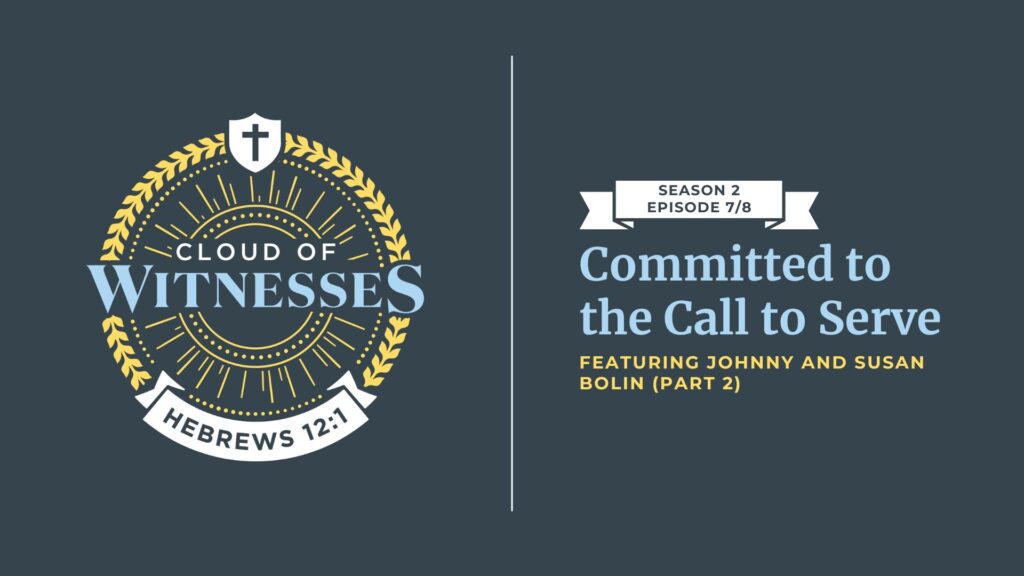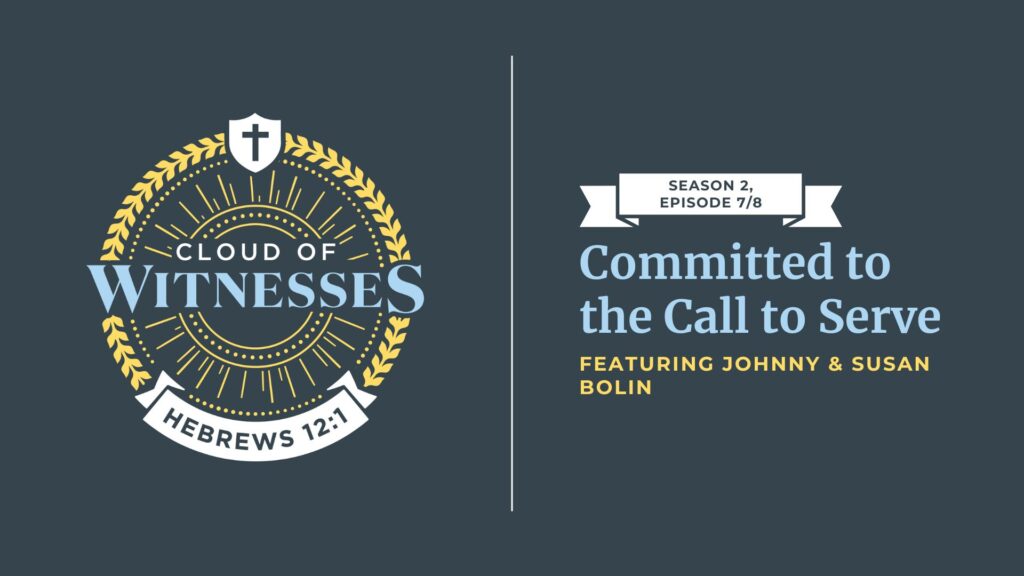But as stimulus payments hit bank accounts in the U.S. this week, there is a web of questions we might ask budgeting, hard work, government welfare, Christian ethics, and generosity—questions that don’t always have simple answers.
- May I accept a stimulus payment if I didn’t lose my job or wages?
- Do I need to tithe my stimulus check?
- How should I use my excess funds to meet the needs of others?
This brief article cannot answer every possible question in depth. But as citizens of heaven entrusted to our steward earthly resources well, we cannot afford (pun intended) to think about money in a merely worldly way.
As you pray about how to spend your stimulus money—whether on missions, savings, debt payoff, or all of the above—consider these four guiding principles for Christians handling wealth.
Principle 1: First Fruits
“On the first day of every week, each of you is to put something aside and store it up, as he may prosper, so that there will be no collecting when I come.” (1 Corinthians 16:2)
Under the old covenant, God’s people were obligated to pay a tithe (one-tenth) of all their produce (Deuteronomy 14:22-24). The tithe system supported the Levitical priesthood, as the tribe of Levi had no inheritance of its own. Tithing instructions are repeated throughout the Old Testament, and some scholars estimate that a faithful Israelite would actually end up giving around 20 percent of his income to the Lord annually.
While Christians today are not bound to the specific, positive law given to Israel, the principle of first fruits remains abidingly relevant as a reflection of a healthy relationship to God. It is fitting that we first give of our increase back to God, entrusting our wealth to him and using what he entrusts to us for ministry purposes. Importantly, the Apostle Paul shows that this is to take place within the context of the assembled local church (1 Corinthians 16:2-3).
If a stimulus payment hit your bank account this week, seek to honor God first and foremost with your increase.
Principle 2: Discernment
“When you sit down to eat with a ruler, observe carefully what is before you, and put a knife to your throat if you are given to appetite. Do not desire his delicacies, for they are deceptive food.” (Proverbs 23:1-3)
Regardless of their precise political persuasion, discerning Christians must not be naïve with regard to government. Believers are free in Christ (Romans 8:1), yet as the expression goes, he who takes the king’s shilling is the king’s man. Daniel recognized this, choosing to refuse the Babylonian royal delicacies (Daniel 1:3-16). Rather than depending upon government, we must strive to “be dependent on no one” (1 Thessalonians 4:12).
When government offers us material benefits, sometimes wisdom chooses to decline the offer. This calls for spiritual discernment.
Principle 3: Responsibility
“Anyone who does not provide for their relatives, and especially for their own household, has denied the faith and is worse than an unbeliever.” (1 Timothy 5:8)
If you were laid off due to COVID, or if your business suffered loss in 2020, you may be in real financial need. God has ordained the family, the church, and local communities as natural social safety nets for the poor. But if these lines of defense fail, you may still find yourself in need.
Christians may, with wisdom and discernment, choose to accept a stimulus payment. This is a matter of conscience. “For everything created by God is good, and nothing is to be rejected if it is received with thanksgiving, for it is made holy by the word of God and prayer” (1 Timothy 4:4-5).
Yet whenever the Lord provides for us, we must prioritize our immediate areas of responsibility. A Christian head of household is responsible tend to the needs of his family and not pursue his own desires. This means that a husband should consider the needs of his wife and children before impulsively purchasing the new vehicle he has been coveting. In 1 Timothy, Paul emphasizes the need to provide for one’s extended family members in need—so how much more should we care for our own immediate family members too?
Pressing household needs may demand one to contribute to savings (Proverbs 13:11, 22) or pay off debts (Proverbs 22:7). Whether you choose to spend, save, give, or simply refuse your stimulus, do not make any decision without first regarding the needs of your loved ones. Giving to the poor or supporting missions is not more “spiritual” if it means neglecting one’s own family (see 1 Corinthians 13:3).
Principle 4: Sacrifice
“We want you to know, brothers, about the grace of God that has been given among the churches of Macedonia, for in a severe test of affliction, their abundance of joy and their extreme poverty have overflowed in a wealth of generosity on their part. For they gave according to their means, as I can testify, and beyond their means, of their own accord[.]” (2 Corinthians 8:1-3)
We must consider God’s will for us to give with generosity. The church in Macedonia set an example for all believers at all times by giving above their capacity. They donated sacrificially, even when it hurt, out of love for God and gratitude for his grace. We are often called to do the same.
This sacrifice, most importantly, must be joyful. “Each one must give as he has decided in his heart, not reluctantly or under compulsion, for God loves a cheerful giver” (2 Corinthians 9:7). We must not give under compulsion but out of the willing, jubilant overflow of our hearts, remembering that Christ himself became poor to make others spiritually rich (2 Corinthians 8:9).
God works all things together according to the counsel of his will (Ephesians 1:11). What if God has ordained the economic chaos of the past year so that, among other reasons, Christians would be able to pour new financial energies into kingdom causes?
Ask the Lord to give you wisdom and a spirit of generosity. If you are willing, consider investing all or a part of your stimulus in global missions among the unreached:
- Provide the initial launch costs for adopting a people group ($2,500)
- Translate a gospel booklet into a new language ($300)
- Print the first 10,000 booklets in a new language ($1,200)
- Support a team of nationals for distribution ($1,000)
Every earthly resource entrusted to Christians is fleeting. This world is passing away (1 John 2:17). Yet what we do with each dollar and cent will reverberate throughout eternity. May the Lord grant us to glorify him in our sacrificial stewardship.





